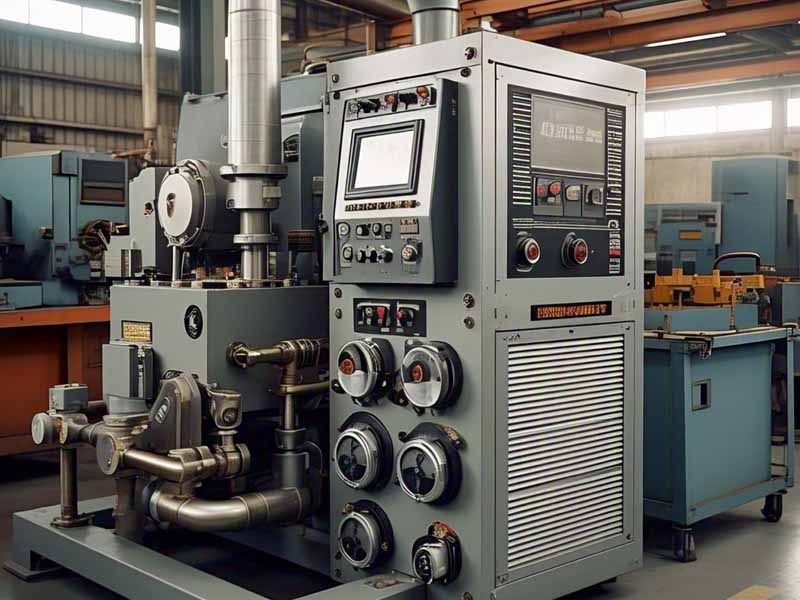
Resilienceapac – Driving Climate Action begins with a shift toward renewable energy sources like solar panels and wind turbines. These technologies have emerged as essential solutions to reducing carbon emissions and mitigating the effects of climate change. Solar panels harness energy from the sun, while wind turbines convert wind power into electricity, both offering cleaner alternatives to traditional fossil fuels. Unlike coal and oil, which release large amounts of carbon dioxide into the atmosphere, renewable energy sources provide a sustainable and environmentally friendly option.
Governments and private sectors worldwide are investing heavily in these technologies, making them more efficient and cost-effective. Advances in solar panel efficiency and wind turbine design have significantly increased their energy output while reducing costs. Countries with high fossil fuel dependency are gradually transitioning to renewable energy infrastructures. With continued research and innovation, solar and wind energy are becoming more accessible, paving the way for a future with lower emissions and greater energy independence.
However, challenges remain, including the need for better energy storage solutions and infrastructure upgrades. Battery technology is being developed to store excess solar and wind power, ensuring a stable energy supply even when the sun isn’t shining, or the wind isn’t blowing. As these technologies improve, renewable energy will become a more viable and dominant source of electricity worldwide.
Driving Climate Action also means addressing the world’s reliance on fossil fuels. Many regions still depend on coal, oil, and natural gas as their primary energy sources, contributing significantly to global greenhouse gas emissions. While these resources have powered economies for decades, their environmental impact is undeniable, leading to extreme weather conditions, rising sea levels, and pollution.
To combat this issue, many governments are implementing policies to phase out fossil fuels and incentivize renewable energy adoption. Carbon taxes, subsidies for green energy projects, and stricter regulations on emissions are some measures being taken. Additionally, businesses are beginning to recognize the economic benefits of shifting toward clean energy, as renewable power generation costs continue to decline. Major industries are investing in green alternatives, such as electric vehicles, hydrogen energy, and smart grid systems, to reduce their carbon footprint.
“Writing Contests, A Gateway to Recognition and Opportunity”
Yet, fossil fuel dependency remains a complex challenge. Some regions still struggle with the transition due to economic and political factors. Infrastructure built around fossil fuels cannot be replaced overnight, and industries that rely on these resources face potential job losses and economic instability. To ensure a smooth transition, countries must balance sustainability efforts with economic resilience. Investing in retraining programs and alternative job opportunities for workers affected by the energy shift.
Driving Climate Action is not only about reducing emissions but also about creating transparency in carbon tracking. Innovative technologies are now being leveraged to monitor and reduce carbon footprints across industries. One of the most promising developments is the use of blockchain and artificial intelligence (AI) to create transparent carbon tracking systems.
Blockchain technology enables a secure, decentralized system for recording carbon emissions data. Making it easier for governments, corporations, and consumers to verify sustainability claims. AI-driven analysis can process vast amounts of data to detect emission patterns. Predict future environmental impacts, and suggest efficient carbon reduction strategies. These innovations help hold businesses and governments accountable for their carbon footprints while encouraging more responsible environmental practices.
Additionally, carbon capture and storage (CCS) technology is gaining traction as a means to reduce atmospheric carbon. These systems capture CO2 emissions from industrial sources and store them underground or repurpose them for commercial use. When combined with renewable energy solutions, CCS can significantly lower global carbon emissions and contribute to a cleaner planet.
As technology continues to advance, digital tools will play a crucial role in enforcing climate policies and encouraging greener practices. With real-time carbon monitoring and transparent reporting, businesses and individuals alike can make informed decisions about their environmental impact. By integrating innovation with policy changes, the world can accelerate progress in climate action and work toward a sustainable future.
Driving Climate Action requires a multi-faceted approach that combines renewable energy. Reduced fossil fuel reliance, and cutting-edge technologies for carbon transparency. As the global climate crisis intensifies, the urgency to adopt sustainable solutions has never been greater. Solar panels, wind turbines, and carbon-tracking technologies represent just a few of the advancements leading this transformation.
By investing in innovation, creating supportive policies, and fostering global collaboration. The world can transition toward a cleaner and more sustainable future. While challenges remain, continued technological progress offers hope for a world where economic growth and environmental responsibility go hand in hand. The future of climate action is being shaped today, and with the right strategies, we can build a healthier planet for future generations.
“Shakespeare’s Ultimate Tale of Ambition and Betrayal”
Resilienceapac - AIIB Boosts Climate resilience by launching its second Climate Adaptation Bond, successfully raising A$500 million in January 2025.…
Resilienceapac - Prudential eyes double-digit growth in Asia as it rides a wave of strong financial performance across several emerging…
Resilienceapac - The upcoming Asia Tech for Change 2025 forum, set to take place on March 12-13, 2025, in Hong…
Resilienceapac - Redefining community begins with reimagining the spaces we share and Singapore’s latest development, Chill @ Chong Pang, is…
Resilienceapac - New US Tariffs have sent shockwaves across the global economy, particularly in Asia, where countries like China, Vietnam,…
Resilienceapac - Modernizing Australia’s healthcare system has taken a significant step forward with the government’s announcement of a $228.7 million…